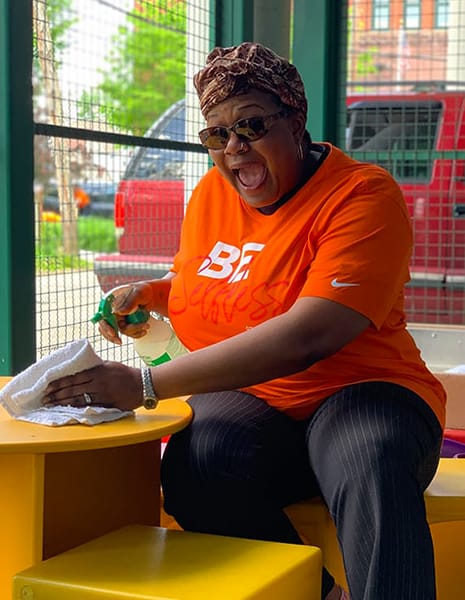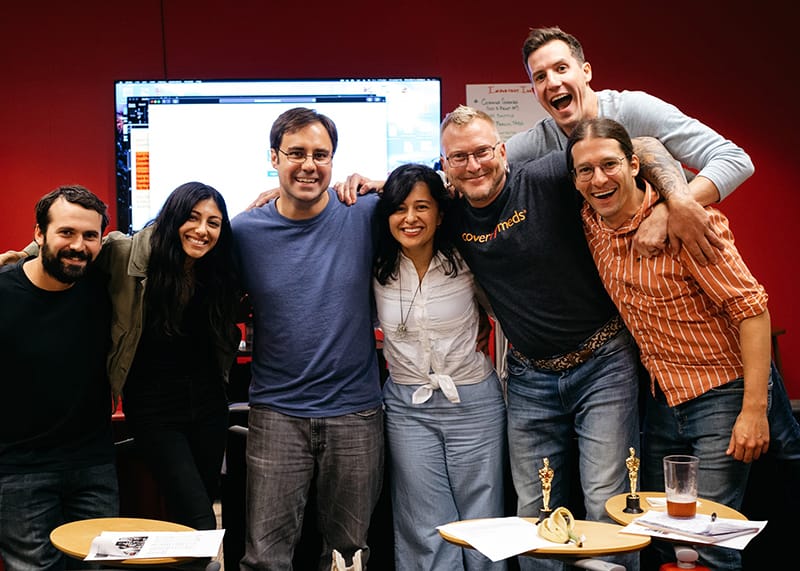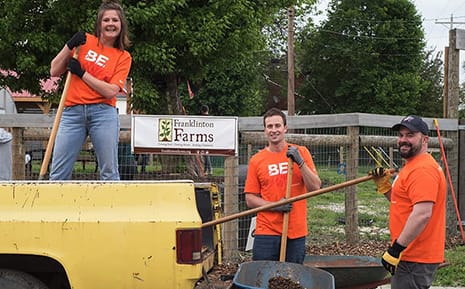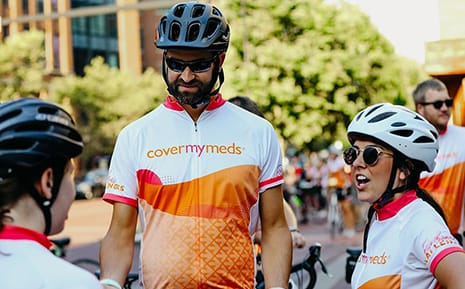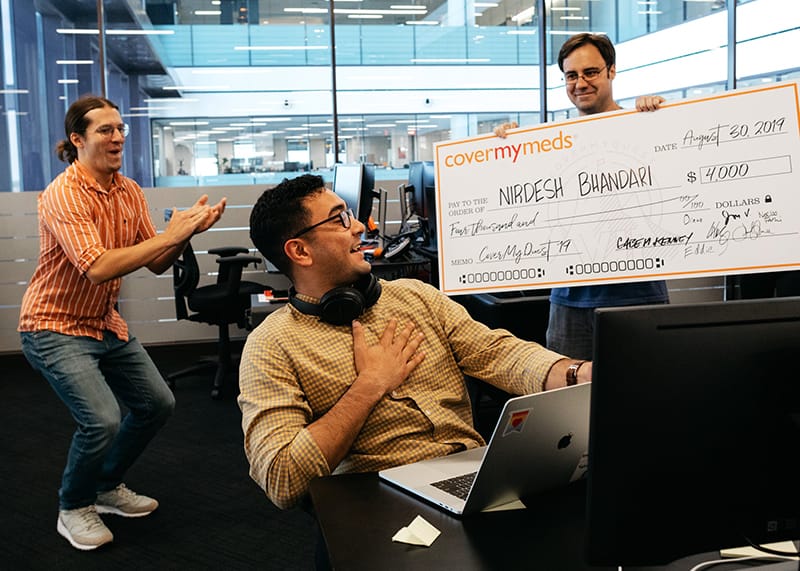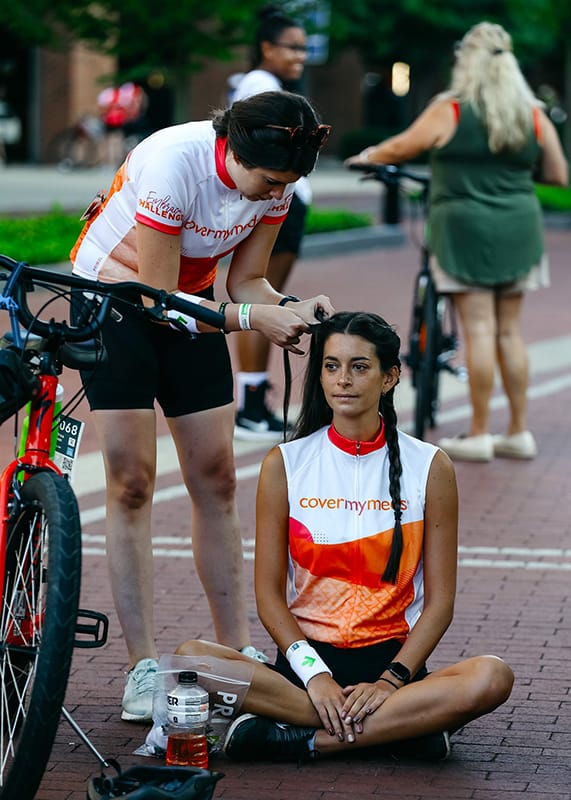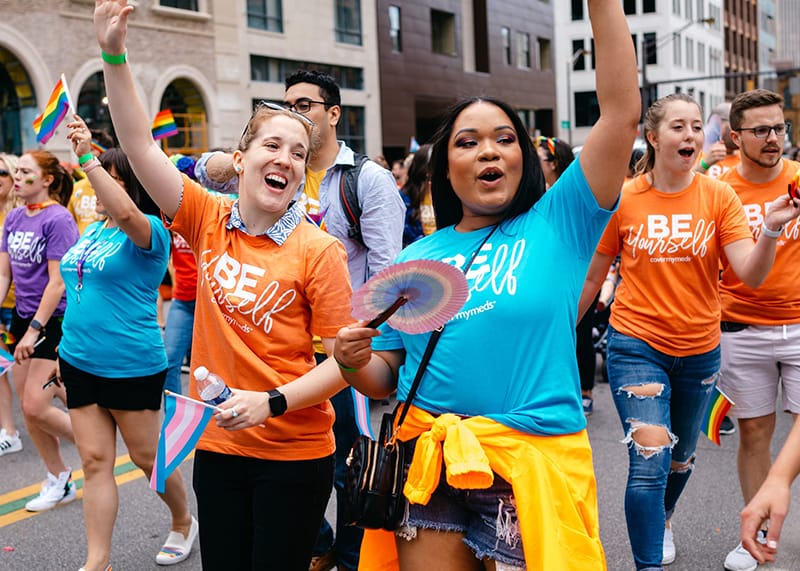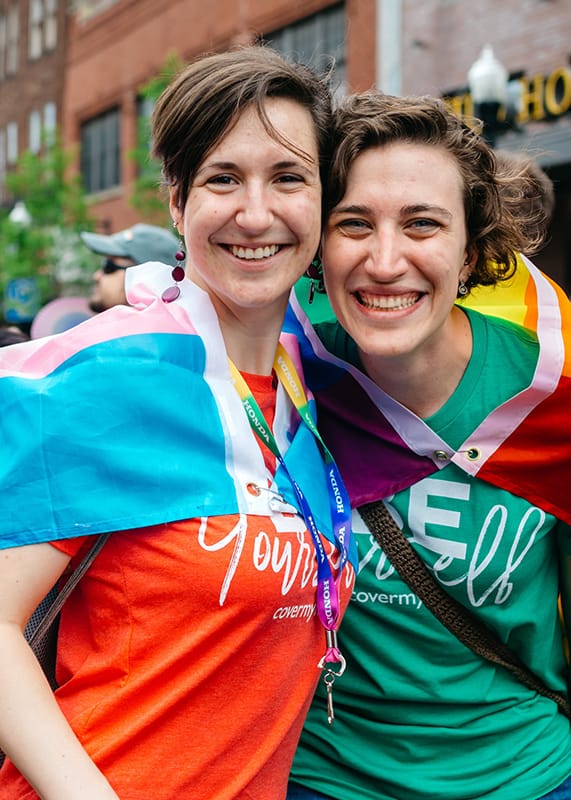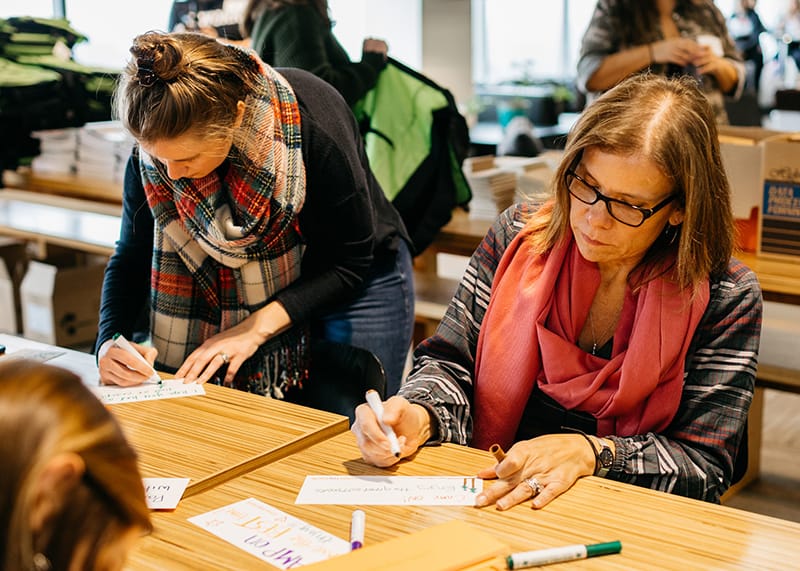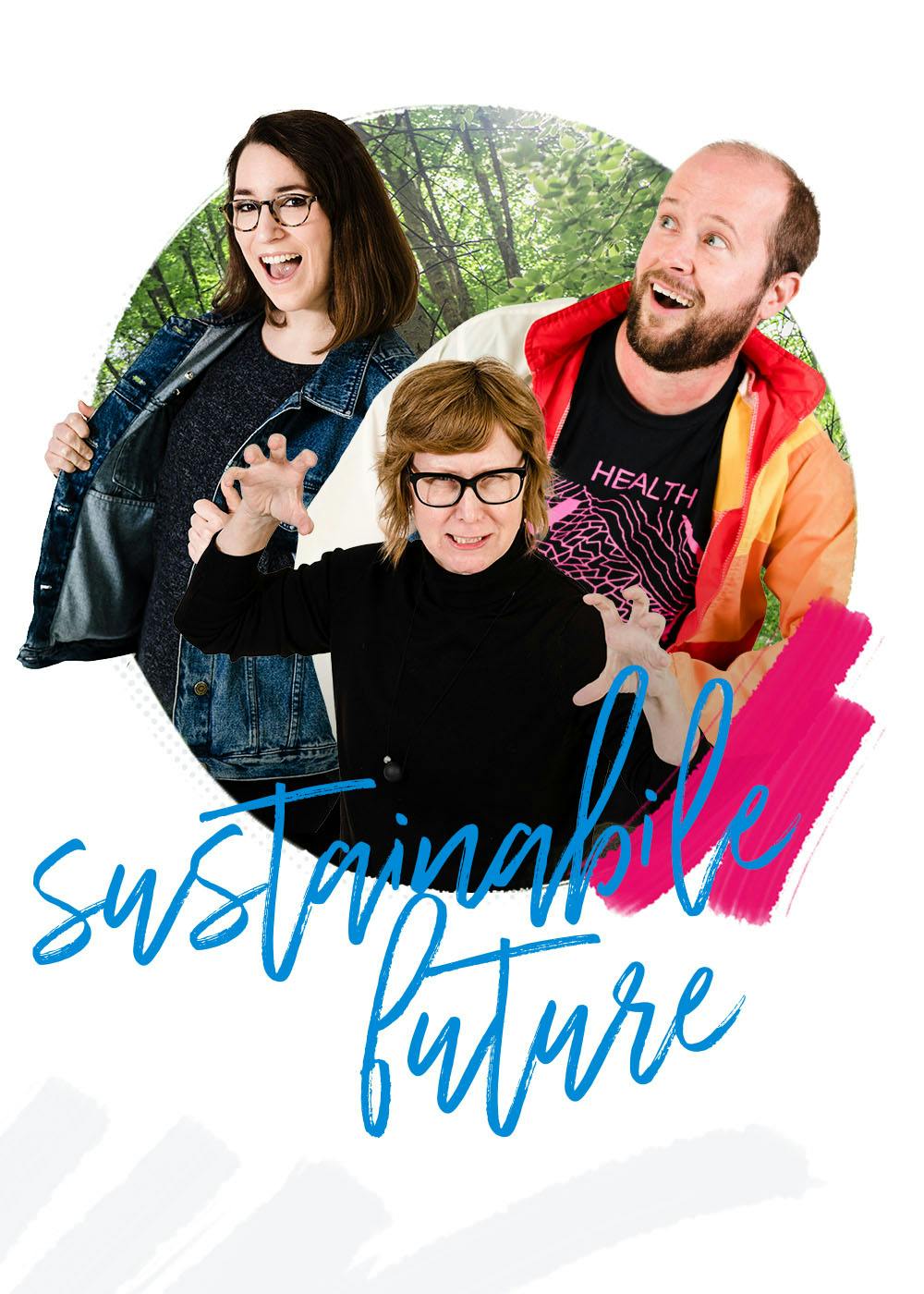
A Look at Grassroots Sustainability at CoverMyMeds
In our most recent Employee Resource Group spotlight, we look at ACES (Alternative Commuting and Environmental Sustainability) and their positive impact at CoverMyMeds and in our community.
With the increased focus on climate change and sustainability through political and personal discourse, it only makes sense our employees wanted to positively impact the environmental space. Enter the Alternative Commuting and Environmental Sustainability Employee Resource Group (ERG).
Employee Resource Groups are voluntary, employee-led groups that aim to foster a diverse, inclusive workplace aligned with the organizations they serve. We have several ERGs that help make CoverMyMeds employees’ best place to work and grow. Other groups include Wellness, LGBTQCrew, Women in Healthcare IT (WHIT) and Affinity Council.
We spoke with three of the ACES group’s leaders, Sharon Dorsey, Isabel Andrews and Dave Humeston, about the history of the ERG, sustainability efforts at CoverMyMeds, and our future campus. While they’re focused on helping patients while performing their day jobs, they all channel their passion and energy into helping the environment and the community CoverMyMeds calls home.
*(Editor: Sharon, Isabel and Dave’s comments were lightly edited for length and clarity.) *
How did ACES get its start?
Isabel: This really started as an Innovation Days Project. Dave presented an idea for this and was super enthusiastic about the environment and the impact the company has on it. That got me hooked, and a bunch of us hopped on board to help. The ERG developed out of that idea. It was a neat experience, because Innovation Days tend to be very technical or tech-focused, and this was an example of a non-technical but cultural improvement project that has now also become a part of Innovation Days.
Dave: It started as an idea when we saw an area where we could have a big impact. We have our environments team, but we saw an opportunity focused on environmental issues. We really wanted to tackle commuting as our main project, since many CoverMyMeds employees drive single-occupancy vehicles to work every day, which can contribute to environmental issues and traffic congestion.
Sharon: ERGs weren’t even a big thing when the group started. But in the middle of 2020, we were approached to become an ERG. We didn’t want to change the grassroots energy that started it, but being an ERG brought with it some nice perks to continue our mission.
Dave: I’m really thrilled with it, because the group has evolved a lot. We didn’t focus as much on the sustainability portion of the mission at the beginning, but the pandemic allowed us to shift our focus to the individual things people can do to live sustainably.
Why do you think sustainability should be at the forefront of our minds?
Sharon: It’s hard to get people on board with helping the environment because there are so many social issues and social justice issues at the forefront of peoples’ minds. But it is important. If we don’t address the issues that are affecting our planet now, it will be even worse down the line. It’s a little bit of a harder sell, primarily because it’s not something you can see and touch. We’re continuously trying to find ways to highlight that.
Isabel: And I think the point is that caring about the environment is intersectional. Environmental issues touch us all, no matter where we are. It touches us here at CoverMyMeds, too.
Dave: Exactly. The effects of climate change will disproportionately affect disadvantaged communities. I’m an avid backpacker and I can see the effects of climate change from year to year. The earth is a beautiful, special thing and to see humanity not do enough to protect it is troubling. I don’t have children, but if I did, I’d be very worried about the world I was leaving for my kids.
What is the one thing everyone at CoverMyMeds can do to make a difference, sustainability-wise?
Sharon: Jane Goodall has a quote that really inspires me: “You cannot get through a day without having an impact on the world around you.” Everything we do that makes a small difference is still a difference. Whether you plant a seed, decide to recycle something — all those small things make a difference.
Isabel: Buy less! It makes a huge difference.
Dave: Reduce, reuse, recycle — those are in order! We love to talk about recycling, but if you can reduce your consumption, it’s almost three times better.
Sharon: For those of us who aren’t vegetarians or who are looking to be more environmentally conscious, reducing your meat consumption can have a huge impact!
Isabel: We don’t expect anyone to be perfect. None of us are. We can all do small things, and we can attract people to the cause through positivity, rather than shaming.
__What excites you most about our new campus? __
Sharon: The two major things that really excite me involve the things we’re doing for our LEED Certification, the whole building water filtration system and the rooftop solar array. I’m also excited about our own little community garden.
Isabel: I’m excited about the bike trail accessibility, which should encourage more people to use alternative forms of transportation.
Dave: One thing I’m excited about is the amount of sunlight we’re going to get. It’s great for environmental reasons but also for mental health reasons.
Isabel: And think of the desk plants we can buy!
Any big plans in the works for this year?
Sharon: Mobility Week is coming up closer to when we move into our new campus. This will highlight all the alternative ways we can get to campus and make a difference through alternative commuting. Campus will be a great opportunity for all of us, and I’m excited to see what it brings!
To learn more about our sustainability efforts at CoverMyMeds, check out our experience site and our recent blog post.
